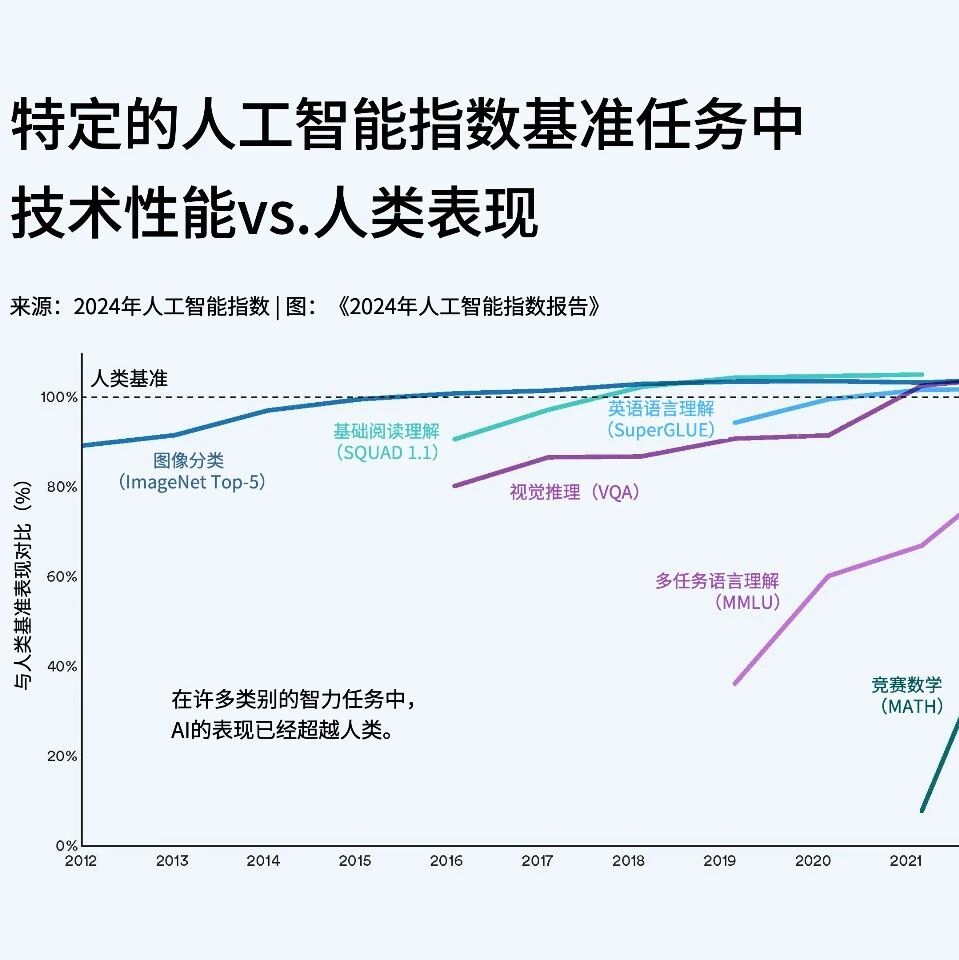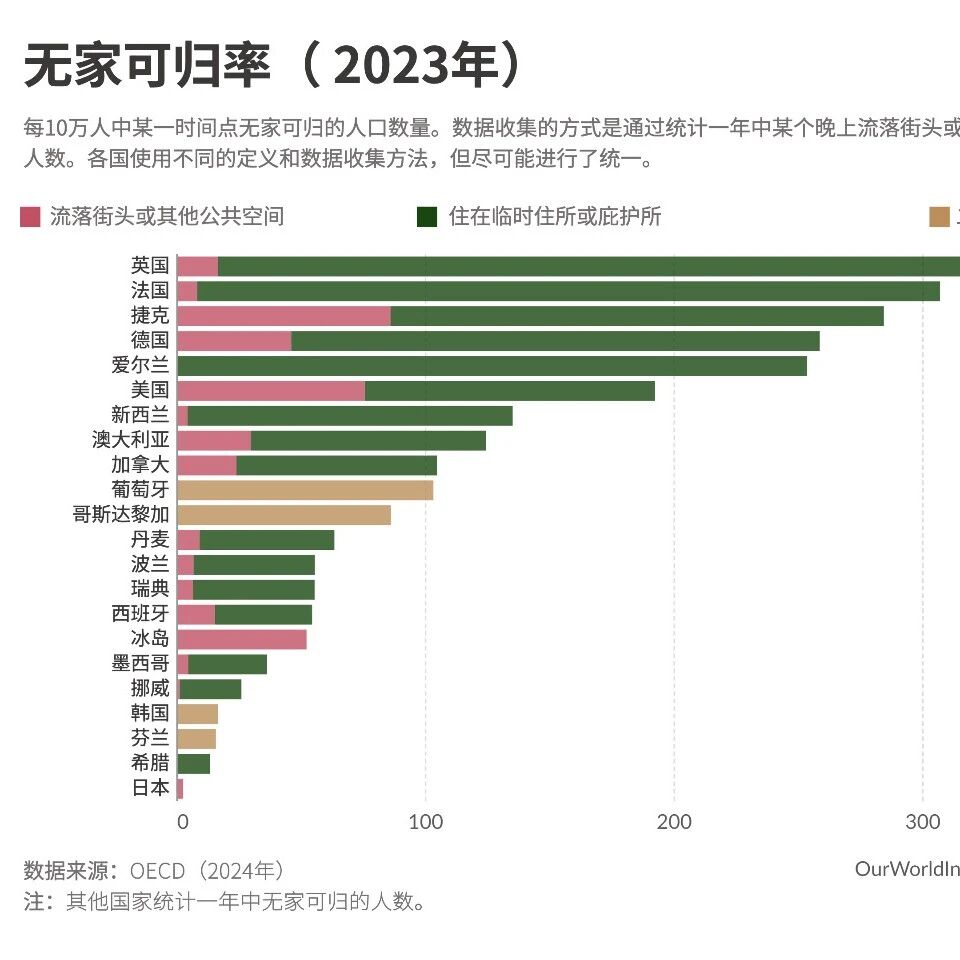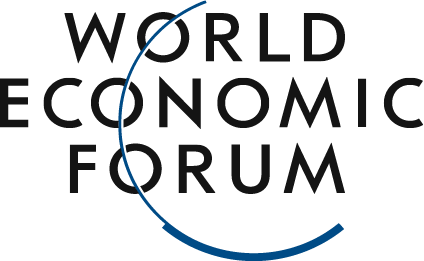
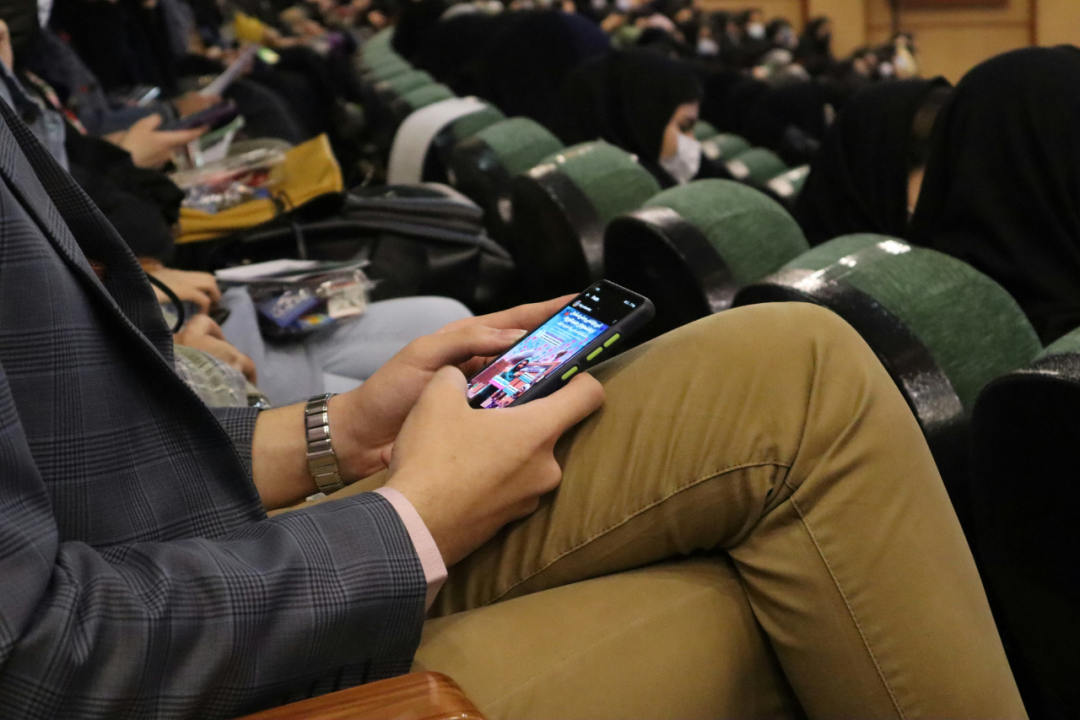
False information has already cost global businesses billions of dollars.
Image source: Unsplash/Alireza Hosseini Moghadam
Jesus Serrano
Head of Crisis Communications at the World Economic Forum
Fake news, account hijacking, deepfakes, and other misinformation have already caused billions of dollars in market losses and led to flawed financial decisions.
AI enables fake information to spread faster, become more realistic, and harder to detect.
As trust emerges as a critical business asset, companies need to invest in early detection, crisis communication strategies, digital literacy, and public-private partnerships.
Manipulating public perception for economic gain is nothing new. A striking example is the "Great Moon Hoax" of 1835, when New York's *Sun* newspaper falsely claimed to have discovered lunar civilization. This blatant lie initially skyrocketed the paper's sales and boosted its reputation—only later was the deception finally revealed.
A more recent example occurred in 2013, when the Associated Press's Twitter account was hacked, resulting in a false tweet claiming, "Two explosions at the White House—Obama injured." Reuters reported that within just three minutes, this misleading post caused the S&P 500 index to lose $136 billion in market value.
Misinformation—especially when amplified on social media—can lead to significant economic and reputational damage, resulting in plummeting stock prices, lost revenue, and eroded consumer trust.
Professor Roberto Cavazos, a faculty member at the University of Baltimore, collaborated with cybersecurity firm CHEQ on a 2019 study that estimated fake news causes annual stock market losses of up to $39 billion. Additionally, the research found that inaccurate financial decisions driven by misinformation result in losses amounting to $17 billion. The report also concluded that the global economic impact of misinformation totals approximately $78 billion each year.
However, in the digital age, the scale and speed of misinformation have become a serious economic threat. Today, AI-powered disinformation spreads faster and reaches wider audiences than ever before, prompting the World Economic Forum to rank it among the top global risks by 2025.
"With the rise of deepfakes, this challenge is intensifying. Deepfakes leverage advanced AI to create or manipulate digital content, producing remarkably realistic fake images, videos, and audio recordings."
No company is immune to misinformation. Once used primarily to manipulate elections and target public figures, misinformation has now become a powerful weapon in the fight against businesses worldwide.
Matthew Blake, Executive Director and Head of Finance and Monetary Systems at the World Economic Forum, stated: "Whether it's a multinational corporation or a small family business, misinformation can lead to severe reputational and financial losses."
Business cost
From fake news to deepfakes, misinformation can shake investor confidence, scare away customers, and erode trust.
A 2020 study by Trustpilot found that 89% of global e-commerce revenue is influenced by online reviews, and 49% of consumers cited positive reviews as one of their top three factors when making a purchase.
Fake ratings are manipulating purchasing decisions on major e-commerce platforms, travel booking websites, and review platforms. A 2021 study by Cavazos revealed that fake reviews have cost global businesses as much as $152 billion.
In a 2018 court case, a California plumbing company stated that its business had declined by 25% due to fake reviews posted by competitors, forcing it to lay off two employees. In a separate case in Australia, a plastic surgeon claimed that his revenue plummeted by 23% within just one week—also as a result of a single false review.
Cavazos stated: "As long as advertising systems continue to reward sensational content and the public remains drawn in by emotional triggers, the global economy will continue to face significant risks. Without a strong impetus for meaningful reform, these losses will only persist."
AI-driven misinformation poses reputational risks.
Artificial intelligence is transforming how businesses operate, but it’s also intensifying the reputational risks they face. As early as 2018, researchers at MIT discovered that fake news was 70% more likely to be shared than real news.
Part of the reason is that misinformation often carries greater emotional appeal or novelty, sparking more engagement—and as a result, reputational risks are reaching unprecedented levels. This not only damages corporate credibility but also impacts financial performance and long-term market value.
According to the 2024 Edelman Trust Barometer Crisis and Risk Thought Leadership Report, eight out of ten executives are concerned that AI-driven misinformation could harm their company’s reputation, while more than one-third of executives admit their organizations aren’t yet prepared to prevent, detect, or respond to such threats.
"In this era, trust is no longer a luxury—it’s a strategic necessity. That’s why safeguarding trust requires vigilance, investment, and cross-sector collaboration."
"Corporate value increasingly depends on consumer trust, making brand reputation protection more critical than ever before," said Julian Payne, Global Chairman of Edelman Crisis & Risk. "We are entering a new era of corporate crisis, risk, and reputation management—meaning the tools needed to safeguard the business world must also evolve continuously to keep pace with external changes."
Risk deepens
In today’s perception-driven economic era, reputation has become one of a company’s most valuable assets. Edelman’s research shows that around 63% of consumers will buy from brands they trust, and more than 80% of consumers say they need to feel confident in a brand before making a purchase.
As deepfakes rise in prominence, this challenge is intensifying. Deepfakes leverage advanced AI to create or manipulate digital content, producing convincingly realistic fake images, videos, and audio recordings.
Deepfakes can manipulate public opinion, damage reputations, spread misinformation on a massive scale, and even lead to companies worldwide being swindled out of millions of dollars.
A 2024 report by the UK's Financial Times confirmed that a finance employee was scammed during a video conference: after "seeing" a deepfake of the CFO, he authorized a $25 million wire transfer.
According to a recent survey by forensic firm Regula, 42% of companies believe "identity theft" poses the greatest risk associated with deepfakes. It’s estimated that in 2024 alone, nearly half of all businesses experienced deepfake attacks, resulting in average losses of close to $450,000 per incident.
Protecting businesses from financial losses caused by misinformation
Companies that underestimate the dangers of misinformation are highly vulnerable to reputational and financial losses, facing crises such as sharp stock price volatility, plummeting revenues, and costly consequences. As trust emerges as a key competitive asset, businesses must adopt strategic measures to safeguard their reputation and build economic resilience.
Eliminating misinformation is not an overnight task, but early detection is crucial. Companies can collaborate with third-party fact-checking organizations and leverage AI-powered monitoring tools to track developments in real time, enabling swift communication to prevent the spread of false information.
At the same time, it is essential to establish a comprehensive reputation management and crisis response mechanism, along with trustworthy spokespersons and a proven, real-time response plan.
Scenario drills and simulated response measures help businesses stay calm under pressure. Collaborating with journalists, influencers, and trusted public figures can also effectively counteract misinformation.
The World Economic Forum's "Global Risks Report 2025" also highlights the risks posed by misinformation, emphasizing that companies should invest in fostering digital literacy among their employees.
Training employees to identify and report misinformation is a best practice for reducing risks associated with false information. Additionally, "pre-bunking"—proactively sharing factual information before misinformation even starts spreading—has also been proven effective in curbing the spread of rumors.
The private sector isn’t fighting this battle alone. Initiatives like the World Economic Forum’s “Global Alliance for Digital Security” are accelerating public-private partnerships to jointly tackle harmful online content.
The role of regulation is also growing increasingly significant. For instance, the Code of Practice on Disinformation under the EU’s Digital Services Act provides a legal framework aimed at reducing online misinformation while safeguarding freedom of expression.
Trust is no longer a nice-to-have add-on—it has become the strategic core that businesses must safeguard at all costs. Maintaining trust requires companies to remain vigilant, increase their investments, and actively foster cross-departmental collaboration. Ignoring the risks posed by misinformation could lead to devastating losses that organizations simply cannot afford.
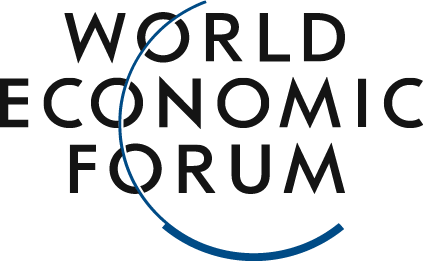
The above content solely represents the author's personal views.This article is translated from the World Economic Forum's Agenda blog; the Chinese version is for reference only.Feel free to share this in your WeChat Moments; please leave a comment at the end of the post or on our official account if you’d like to republish.
Editor: Wang Can
The World Economic Forum is an independent and neutral platform dedicated to bringing together diverse perspectives to discuss critical global, regional, and industry-specific issues.
Follow us on Weibo, WeChat Video Channels, Douyin, and Xiaohongshu!
"World Economic Forum"
